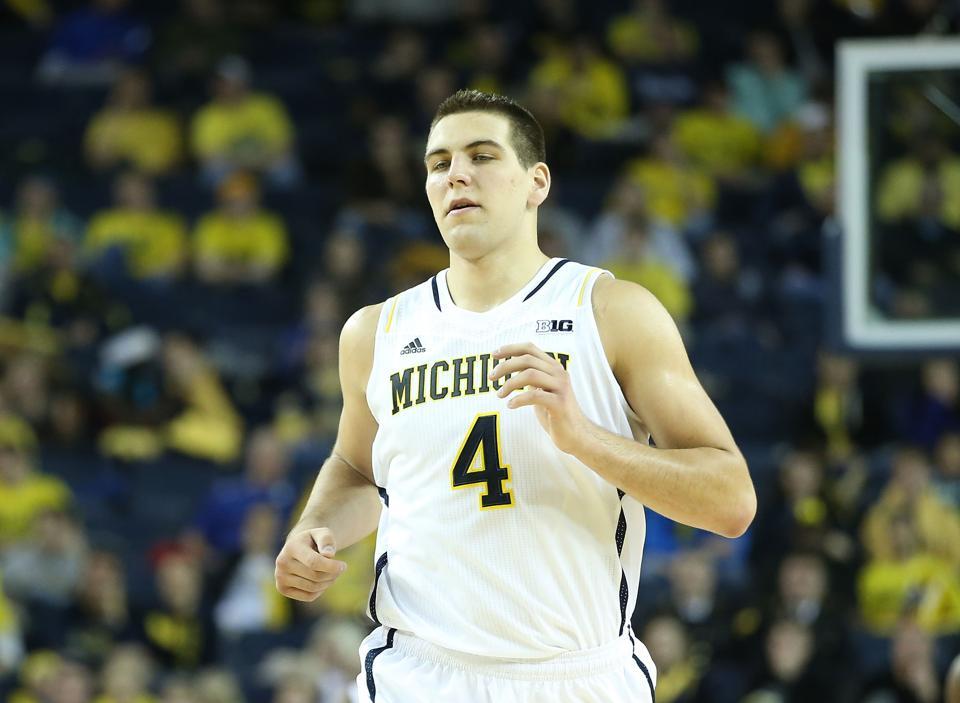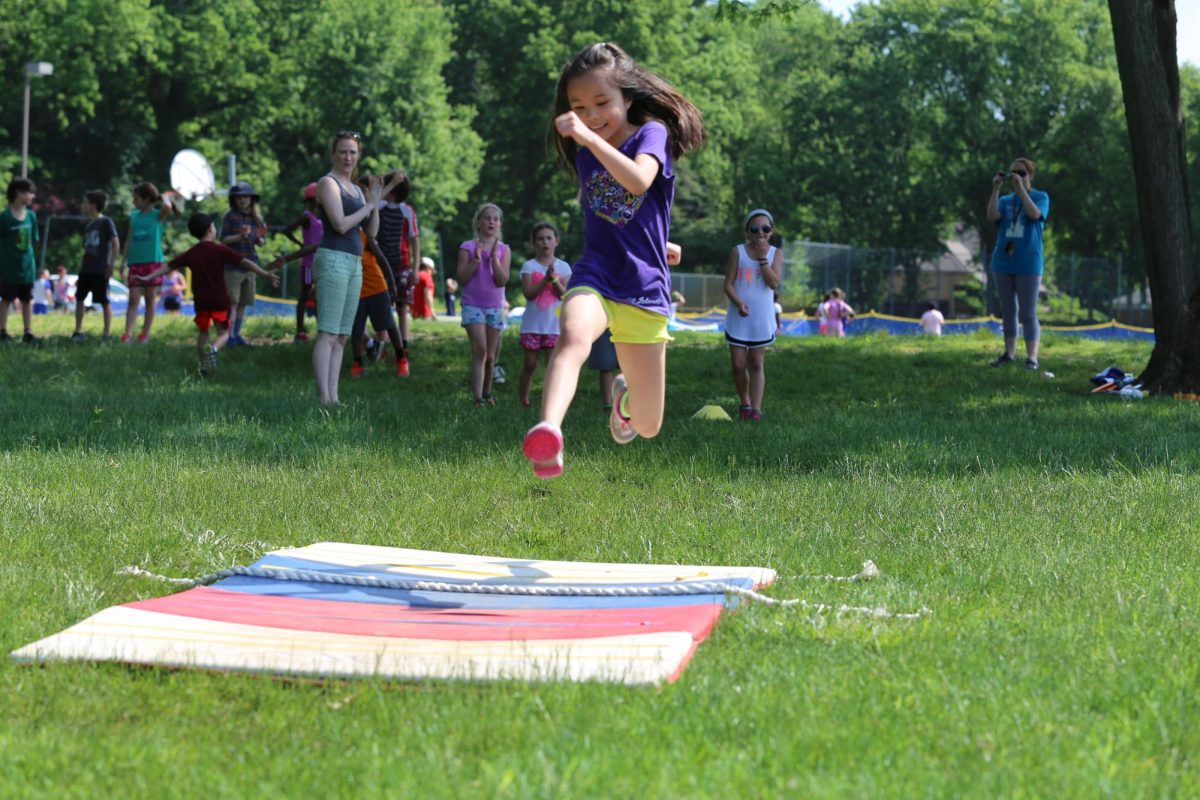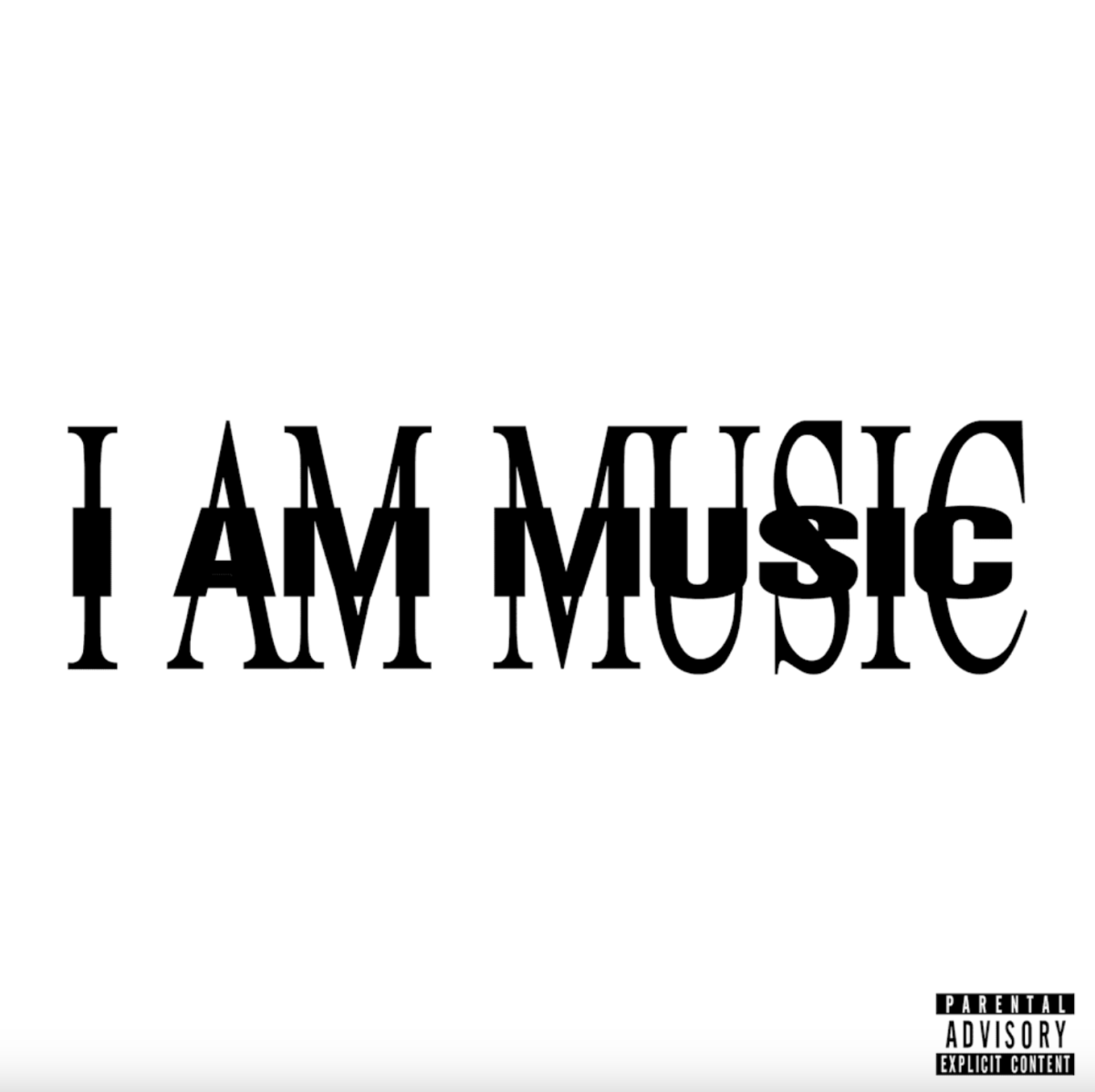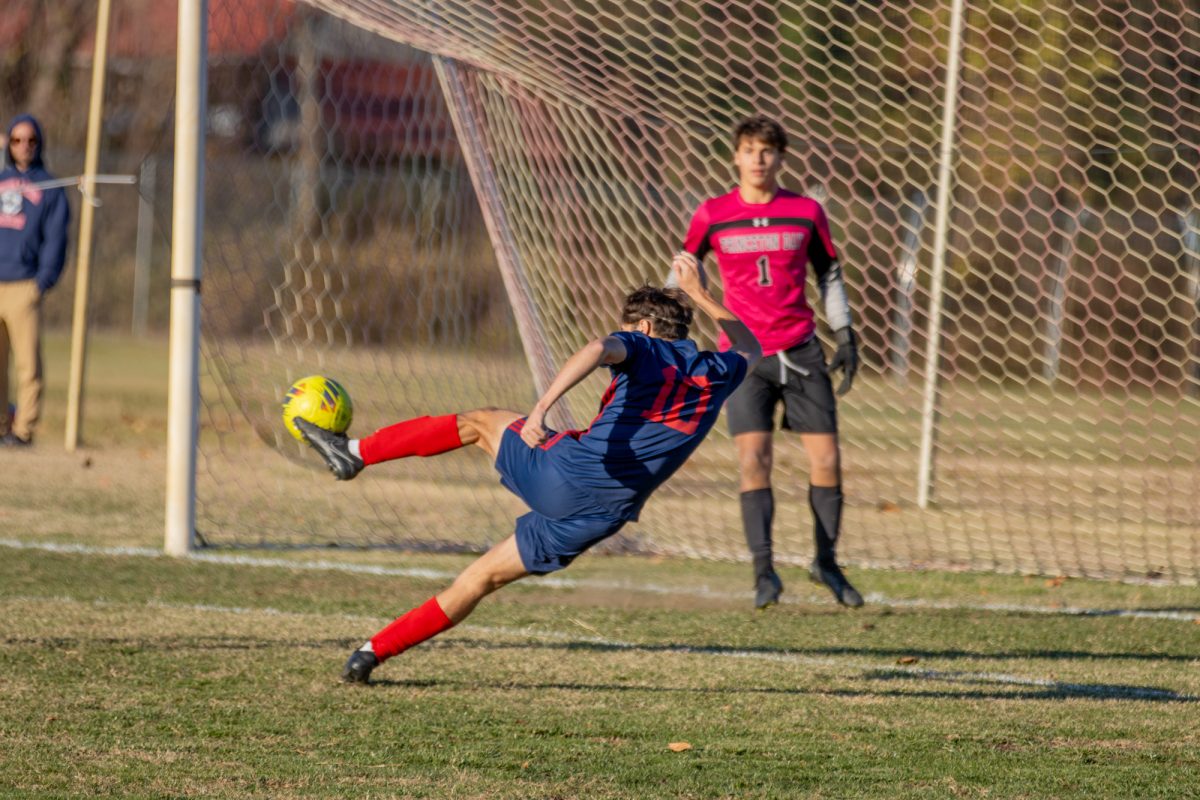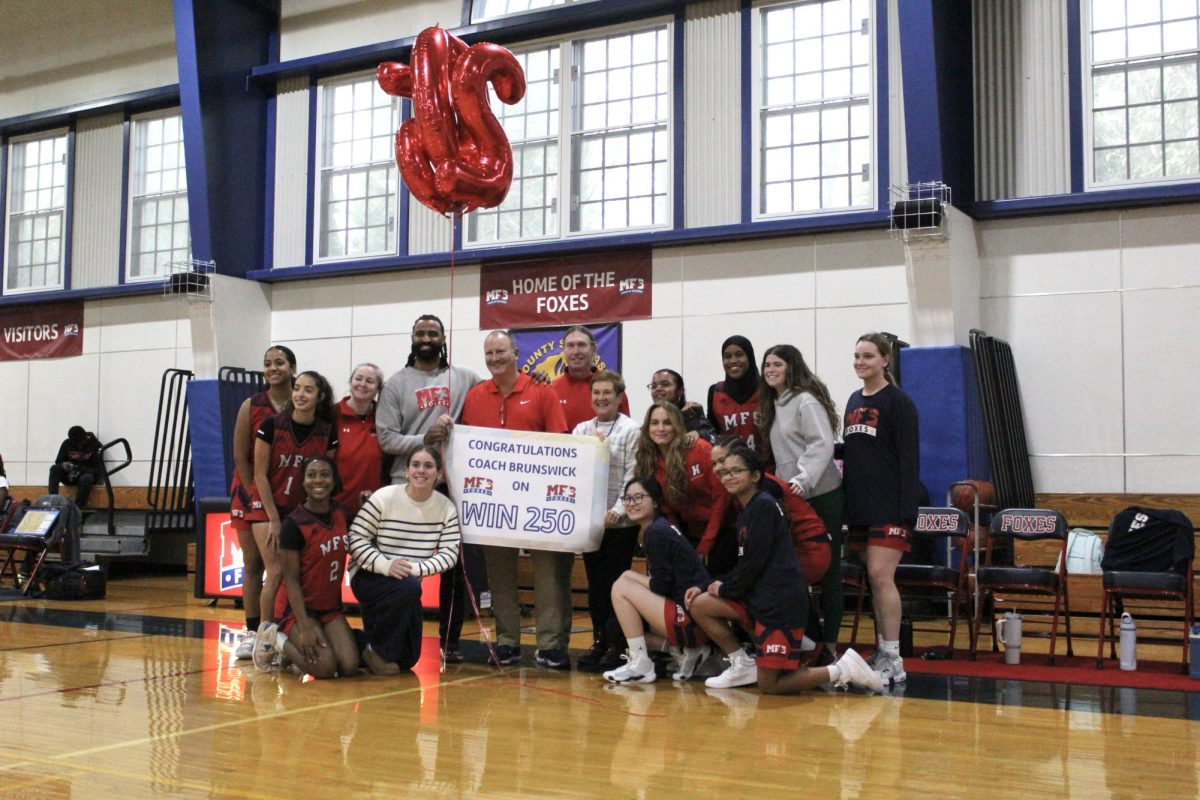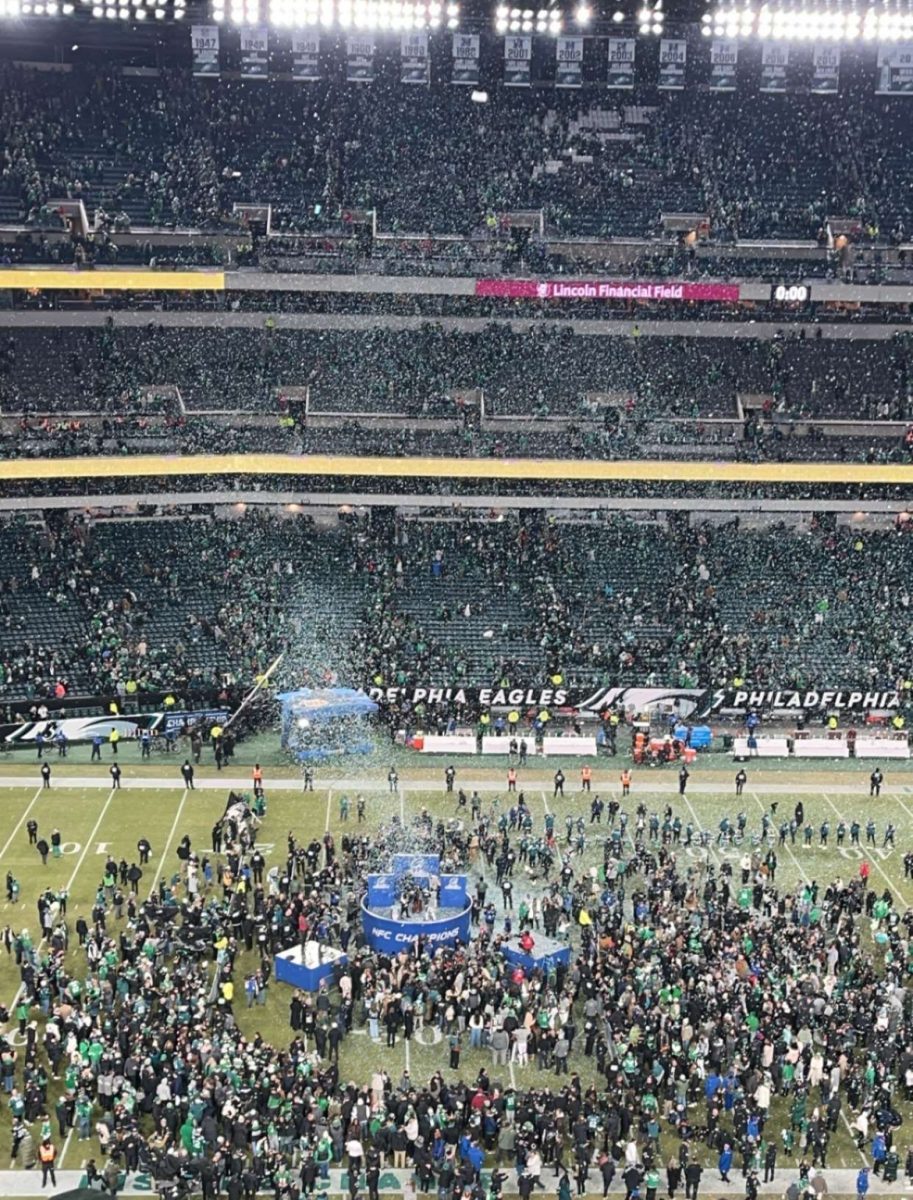Good thing another player wasn’t found to have drugs in his system when Mitch McGary was. Then it’d have to have been a joint press conference.
Lost in the late April madness of draft declaration and the NBA playoffs whirlwind was Michigan bruiser Mitch McGary’s season-long suspension for one positive marijuana test. The impending suspension prompted McGary to skip out on his ever-so-enticing invitation to ride the bench for the season, decked out in Ralph Lauren rather than the team’s Adidas navy and yellow, as he punched his ticket for June’s NBA Draft instead. “The NCAA penalty cemented the decision for him,” Yahoo Sports’ Dan Wetzel wrote in his report.
At the pro level, McGary would have gotten off with a slap on the wrist for his first offense. In September, New York Knicks guard J.R. Smith tested positive for marijuana for the third time in his career, and was submitted to a five-game suspension. The NBA’s marijuana policy, straight from the league’s Collective Bargaining Agreement of 2011, reads as follows:
“If a player tests positive for marijuana, or if he is convicted of, or pleads guilty to, the use or possession of marijuana, he will be required to submit to treatment, counseling, and aftercare testing in the program. A second violation will result in a $25,000 fine, and any subsequent violations will result in a suspension that is 5 games longer than the player’s immediately-preceding marijuana suspension.’’
It’s quite a bizarre double standard. In college, a player gets a year riding the pine for one positive test, but at the professional level, where a player is actually making millions of dollars, they get two warnings before being handed down the ever-so-harsh five-game paid suspension.
Last summer, the NCAA decreased the threshold of what determines a positive marijuana test. It was changed from 15 to 5 nanograms per milliliter, so it’s now far easier to detect even the slightest presence of cannabis in the urine of an athlete, an adaptation not in line with the direction the country is going in terms of how it treats marijuana users.
The drug is legal in two states recreationally, legal medicinally in over the half the country, and generally decriminalized nationwide. But now the NCAA seriously wants to suspend pot users for over a year? Even ones with no prior history of breaking league rules, simply for possessing five nanograms per milliliter of marijuana in their urine? That’s not only unfair to players who will one day go pro and be subjected to far less severe penalties, it is misaligned with state-level drug policies.
The country is evolving. We live in a society where the President admits to having used marijuana excessively at points in his life, and supports its legalization. With mixed signals coming from all different directions on the professional sports platform, the worst thing that can be done is sending the message the NCAA is sending: smoke pot, you can’t play. There are far more relaxed and fitting approaches to punishing the perpetrators, and the NBA has proven just that.

